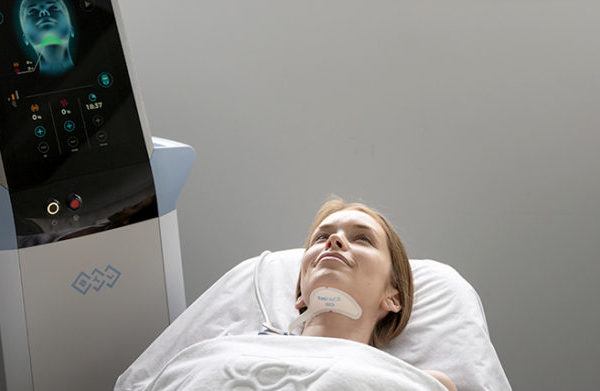
SHA Magazine Health & Beauty
Cognitive effects and after-effects of COVID-19
COVID-19 has medium- and long-term effects on the mental health of two different groups of people: those who have recovered from the disease and those who continue to live with it. This is clearly a new challenge for science, and a daunting one.
There is increasing certainty about the long-term impact of COVID-19 on cognitive processes. In addition, existing scientific evidence already suggests that patients with coronavirus develop neurological symptoms such as headache, altered consciousness and paraesthesia, a sensory disorder that manifests itself as infrequent, unexplained sensations like tingling.
Stress, anxiety and depression as acute manifestations
Acute psychiatric manifestations brought on by COVID-19 are increased stress, anxiety and depression.
Likewise, it has also been reported that patients who are hospitalised have developed acute neurological symptoms such as headache, sensory disturbances and acute cerebrovascular episodes in the medium and long term.
Now that the psychological and neurocognitive after-effects of COVID-19 are known, the new challenge for science focuses on identifying how these psychological sequelae manifest and are treated in the medium and long term.
How to approach effective treatments without previous studies and evidence
The scientific journal Frontiers of Psychology recently published a paper warning how new findings already suggest, and riskily so, that short-term neuropsychiatric and cognitive complications following COVID-19 “are varied and affect a large proportion of survivors” of the virus.
In the medium to long term, “there could be a potential increase of patients with psychiatric and cognitive problems who were otherwise healthy” before the pandemic. “Increased neuropsychiatric manifestations could be observed”, the paper continues, “in the form of an increase in cases of depression, anxiety, PTSD, and in certain cases severe mental illnesses”.
Cognitive sequelae are also likely to be varied, so a detailed cognitive assessment should be considered to screen for the emergence of new neurological cases and allow healthcare providers to plan optimal health care service and allocate resources efficiently.
“Early intervention for emerging cognitive problems will be critical for independent functioning and improved quality of life of many COVID-19 survivors”, the paper concluded.





